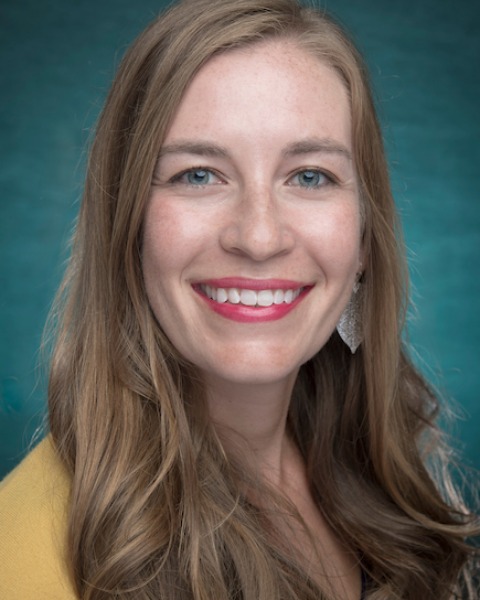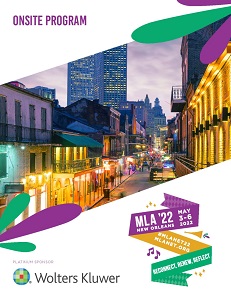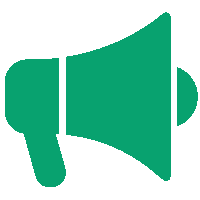Back
Lightning Talk: Research Abstract
Clinical Support
Session: Lightning Talk Virtual Session 1
Information Needs and Practices of Student Health Clinic and Counseling Personnel
Friday, April 29, 2022
11:10 AM – 11:15 AM CT

Meghan Wanucha Smith
Health & Human Services Librarian
Randall Library
Wilmington, North Carolina
Presenter and Author(s)
Objectives: Colleges and universities play a critical role in testing, surveillance, and vaccination distribution during the global pandemic. Student health center and mental health practitioners on the front lines provide care to students, coordinate management of psychological crises, and promote healthy behaviors related to COVID-19 and beyond. Academic libraries have partnered with these units to promote student health and wellbeing. But what about the information needs of the clinicians? This lightning talk will explore existing literature on the information needs and practices of student health center and other clinic personnel, align library services with those needs, and identify areas for development.
Methods: This study used narrative review methods to discover research in libraries, higher education, student health, and mental health support services on college and university campuses. PubMed, Web of Science, ERIC via ProQuest, APA PsycInfo , Library and Information Science Abstracts, and Google Scholar were searched for articles relevant to the research questions. Reference lists and individual journals in the library and information science, counseling, and student health clinic fields were reviewed for additional material. In particular, this research focused on higher education institutions without medical schools or other clinical affiliations.
Results: Literature on the information seeking behaviors of higher education health clinic personnel is scarce. Campus health and mental health services literature describes perceptions and attitudes towards evidence-based practices and barriers to their implementation. Little research was found describing how these personnel consult the literature and what resources and services support those efforts. Library literature focuses on case studies about student health and well-being events and activities. Discussions about how libraries can collaborate with campus health and counseling centers are limited to services that address student health promotion and health literacy.
Conclusions: Additional research is needed to understand the information and EBP habits of clinicians practicing in the college and university clinic setting. Existing collaborations between libraries and campus health clinics help advance shared goals around student health and wellness. Libraries are well positioned to take these partnerships to the next level by working directly with student health clinical and counseling staff to mitigate barriers to EBP in their daily work. Understanding how campus clinicians consult evidence in their daily work can inform how libraries approach partnerships and direct service offerings to this unique subset of users in the academic environment.
Methods: This study used narrative review methods to discover research in libraries, higher education, student health, and mental health support services on college and university campuses. PubMed, Web of Science, ERIC via ProQuest, APA PsycInfo , Library and Information Science Abstracts, and Google Scholar were searched for articles relevant to the research questions. Reference lists and individual journals in the library and information science, counseling, and student health clinic fields were reviewed for additional material. In particular, this research focused on higher education institutions without medical schools or other clinical affiliations.
Results: Literature on the information seeking behaviors of higher education health clinic personnel is scarce. Campus health and mental health services literature describes perceptions and attitudes towards evidence-based practices and barriers to their implementation. Little research was found describing how these personnel consult the literature and what resources and services support those efforts. Library literature focuses on case studies about student health and well-being events and activities. Discussions about how libraries can collaborate with campus health and counseling centers are limited to services that address student health promotion and health literacy.
Conclusions: Additional research is needed to understand the information and EBP habits of clinicians practicing in the college and university clinic setting. Existing collaborations between libraries and campus health clinics help advance shared goals around student health and wellness. Libraries are well positioned to take these partnerships to the next level by working directly with student health clinical and counseling staff to mitigate barriers to EBP in their daily work. Understanding how campus clinicians consult evidence in their daily work can inform how libraries approach partnerships and direct service offerings to this unique subset of users in the academic environment.

.png)

